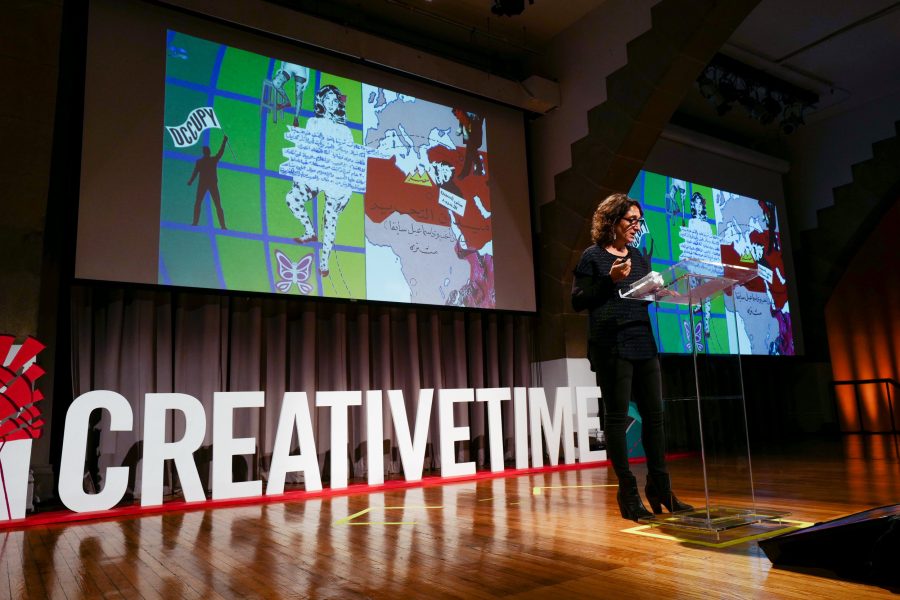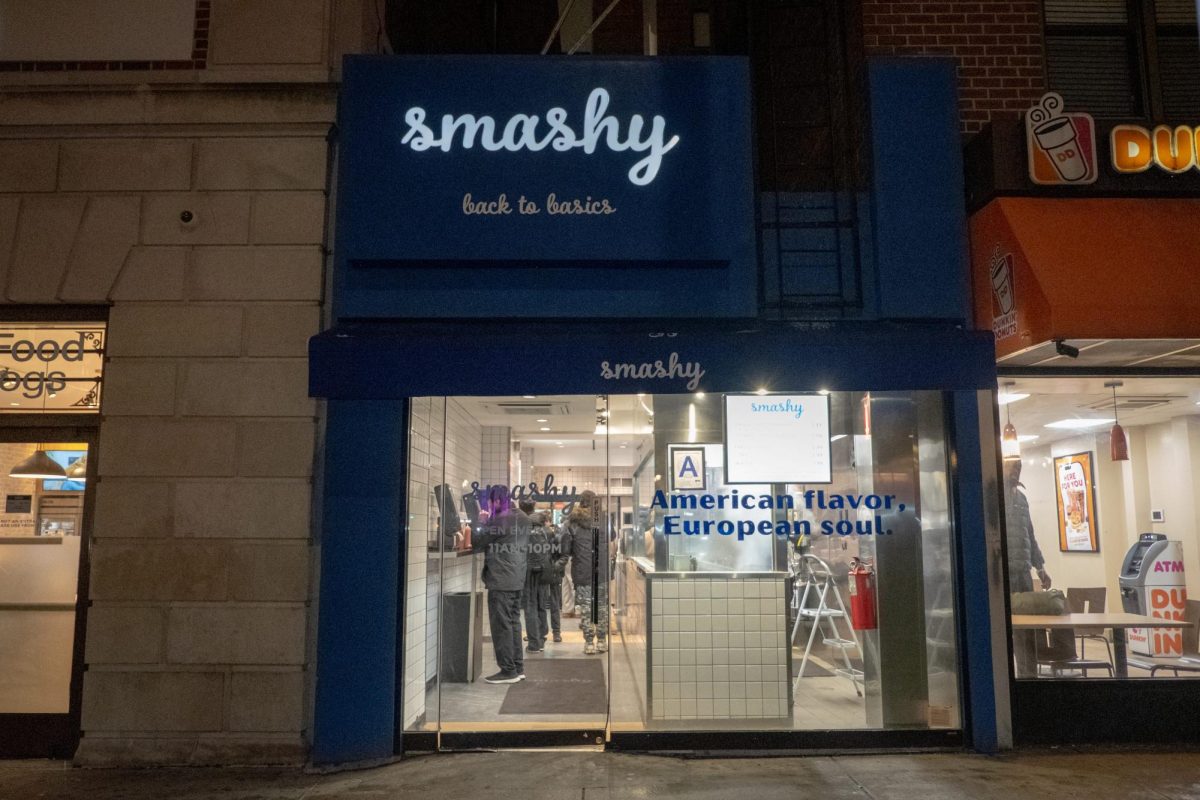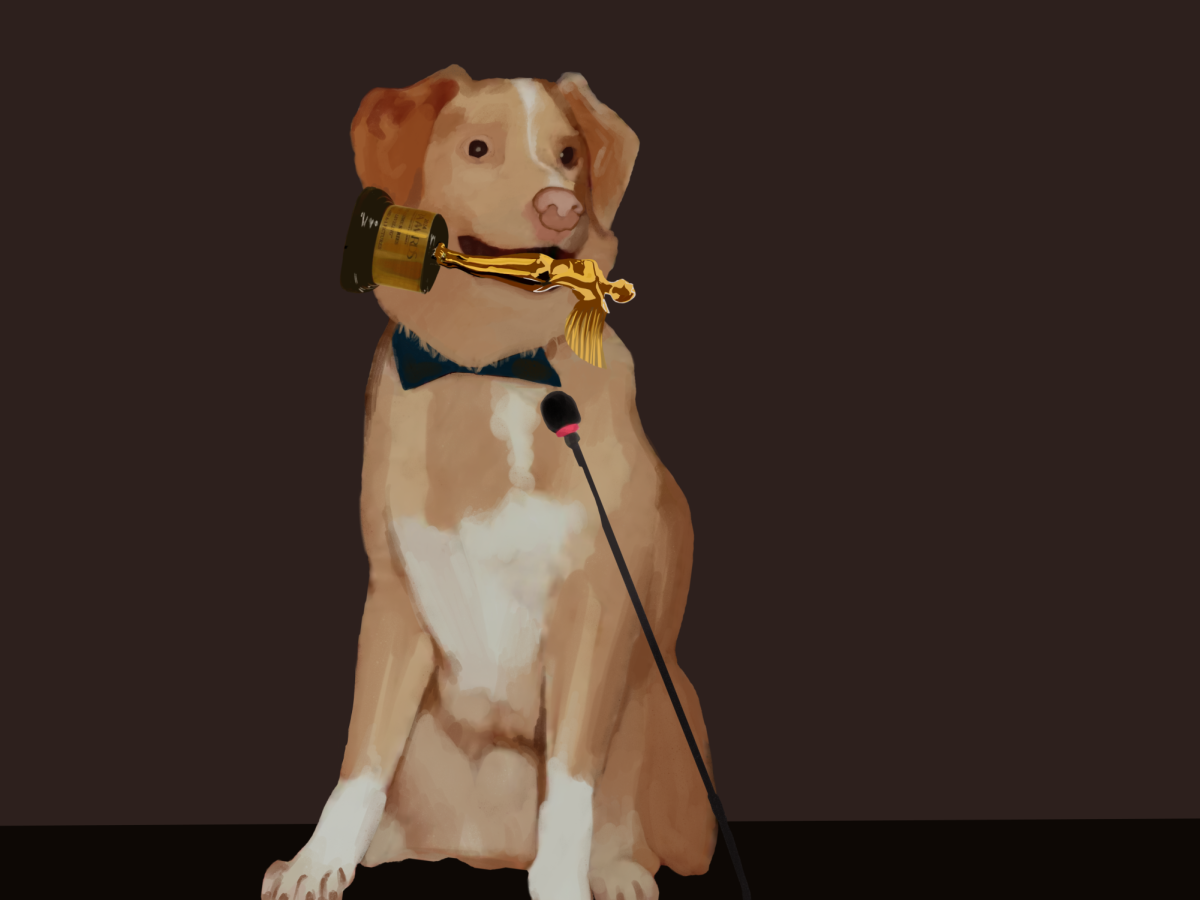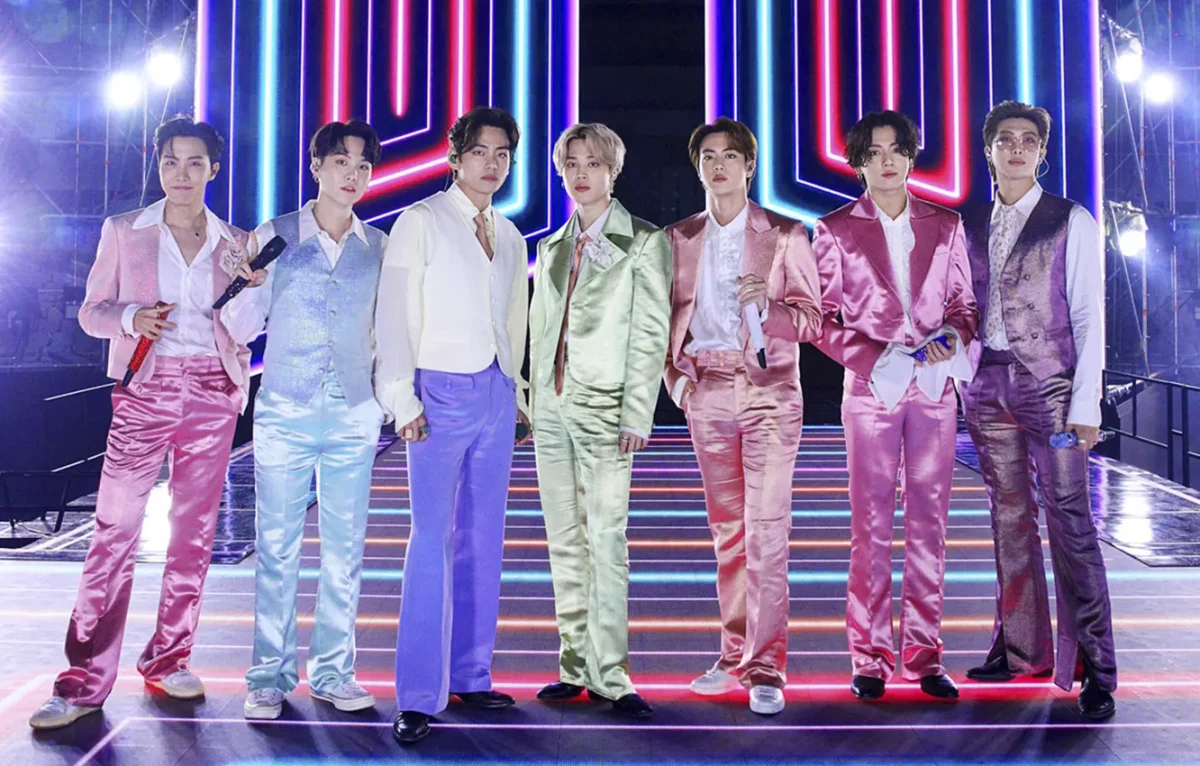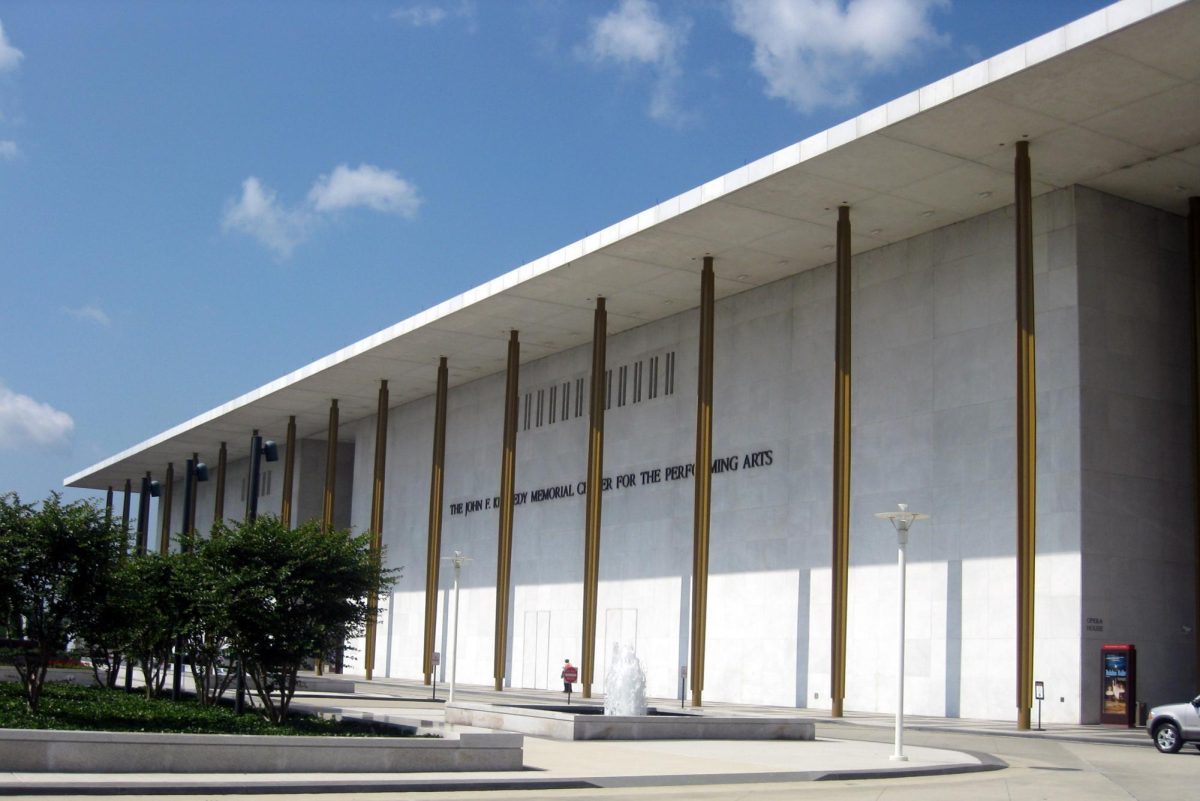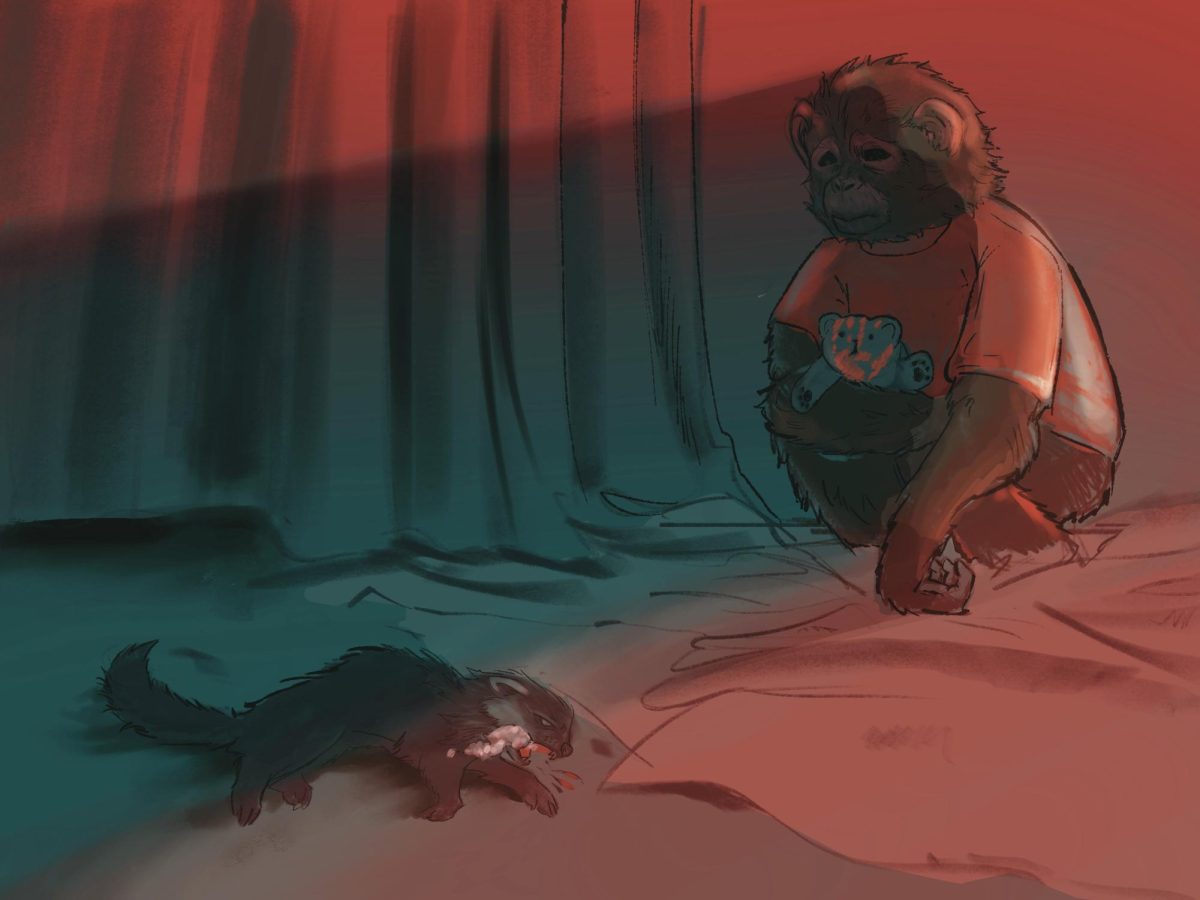Creative Time Summit celebrated its tenth-year anniversary in the Great Hall of Cooper Union from Nov. 14-16.
The organization, Creative Time, is dedicated to working with artists to present public art projects throughout New York City, the nation, the world and even in outer space.
Ever since it began in 2009, the Summit’s purpose has been to bring together artists and leaders from around the world to engage in conversation about issues such as freedom of expression, feminism and crime.
Creative Time hosted over 10,000 live attendees and streamed to over 20 screening sites internationally.
The weekend consisted of various events for each day. Nov. 15 was the opening night which was held at Lola, a New York nightclub.
On Nov. 16, attendees enjoyed discussions held at the Great Hall on Nov. 15 and featured countless speakers and panelists ranging from data artists to journalists.
The summit ended on Nov. 17 with lectures and workshops at Cooper Union and several other satellite venues across the East Village.
This year’s Speaking Truth | Summit X revolved around the discussion of truth as it relates to our current political climate and contemporary art.
The program explored four aspects relevant to our most prominent conversations regarding art and activism: Media & Technology, Economics & Sovereignty, Health & Gender, and Fictions & Futures.
Sandra Jackson-Dumont, the chairman of education and public programs at the Metropolitan Museum of Art, led the event by keeping the audience engaged and helping transitions between speakers.
The Fictions & Futures section, in particular, focused on not only the reflection of reality but also the use of deception in artwork. It included panelists Jeremy Harris, Victoria Lomasko and Lauren Woods.
Harris, a playwright of the Broadway play “Slave Play,” shared his truth about the ways in which he has felt invited into the space of theater and the ways in which he has endeavored to radically invite others into his own space.
“What I realized as I was starting to think about who theater is made for and who it’s not, I realized that there are so many people who don’t feel that they are allowed to walk even through the threshold of a building like the Golden Theater on 45th St. and 8th Ave.,” said Harris.
He continued to reflect on the ways in which he has tried to reach a more diverse audience with his show through social media, dressing more like those he made the show for, having certain shows open for free and so on.
“We’ve created an entirely new ecosystem of who goes to the theater,” he stated proudly when considering the progress made with “Slave Play.”
Woods demonstrated a more detrimental truth regarding the reality of state violence and police brutality through her art. American Monument is the centerpiece of an interactive sound installation that plays the audio recordings of countless deaths of black people at the hands of police following altercations with the authorities.
“We hear voices of victims and the uncanny ability to be superhuman when faced with imminent death, we hear the exhaustion of being subjected to relentless police profiling, we hear the natural human impulse to resist being treated inhumanely, and we hear unnatural discipline deferred to someone trying to divest another of their humanity, and lastly we hear the pleading that someone, anyone recognize the human being standing in front of them,” Woods said, recounting what is heard on the body cams of police.
The keynote speech was delivered by the co-founders of For Freedoms, an activist organization geared towards engaging artists in civic duty, discourse and direct action.
The speakers Eric Gottesman and Hank Willis Thomas discussed how they were inspired by FDR’s Four Freedoms — freedom of speech, freedom of worship, freedom from want, freedom from fear — and Norman Rockwell’s depiction of each.
The artists emphasized their desire to “rebrand patriotism” to reflect the real America.
“We are storytellers, artists are the best storytellers in the world, we have been derelict in our responsibility to shape the world that we want to live in and we need to get our hands dirty and engage more,” said Thomas, calling the artists among us to action.


